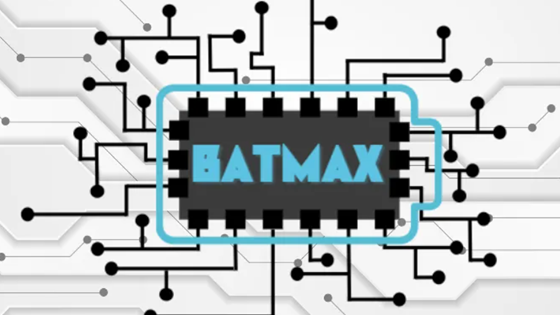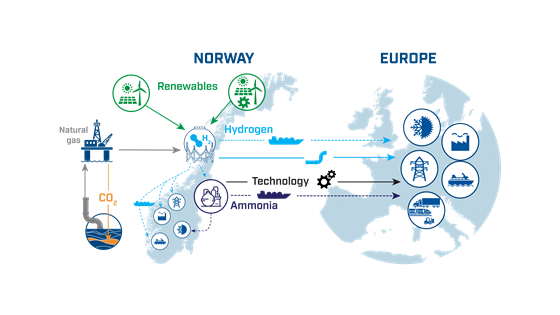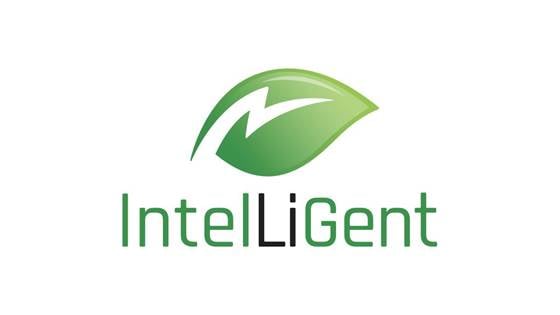
BattMo
BattMo is an open source simulation code for continuum modelling of electrochemical devices written in Matlab and Julia

We develop simulation tools for computational electrochemistry. We aim at closely integrating simulation outputs in the design of new electrochemical systems, in particular Li-ion battery cells.
Our focus is on rapid prototyping, to quickly assimilate models or features that are not covered by existing software, and optimisation using automatic differentiation and adjoint-based methods. Both are expertise of our group.
We work in close collaboration with the Battery technology group at SINTEF Industry which plays a crucial role in orienting the development of our code towards the most relevant research questions from the battery industry.
Our computational models are essentially physic-based. We cover high fidelity (more than 1M degrees of freedom in the system to solve) and multiphysics models (fully coupled thermal simulations). We rely then on an efficient linear preconditioning of the system. Our aim is improve the numerical methods and implementation to get better speed and accuracy.
We are core developers of BattMo, which is an open-source simulator for electro-chemical systems and in particular Li-ion batteries. The code is freely available on github.

BattMo is an open source simulation code for continuum modelling of electrochemical devices written in Matlab and Julia

DigiBatt will slingshot the European battery industry forward by using advanced digital technology to make battery testing faster, cheaper and more accurate. We will develop novel digital approaches to extract more value from fewer tests. This will...

Physics and data-based battery management by multi-domain digital twins (BATMAX) sets out to pave the way for advanced next generation adaptable battery management systems capable of fulfilling the needs and requirements of various mobile and...

Hydra will hybridize high-power and high-energy electrode materials to create sustainable Li-ion battery cells with excellent energy density.

HYDROGENi is a centre for environment-friendly energy research (FME) dedicated to the research and innovations within hydrogen and ammonia needed to meet the 2030 and 2050 goals of the Norwegian hydrogen road map.

Innovative and sustainable high voltage Li -ion cells for next generation (EV) batteries (IntelLiGent) will pave the way to sustainable European generation 3B Li-ion batteries with increased energy density (≥ 350 Wh/kg) by an optimized high voltage...

Batteries play an important role in our daily lives, powering smart phones, computers, and cars. As the world races to reduce CO2 emissions, the development of sustainable and high-performance batteries takes on an even more important role enabling...